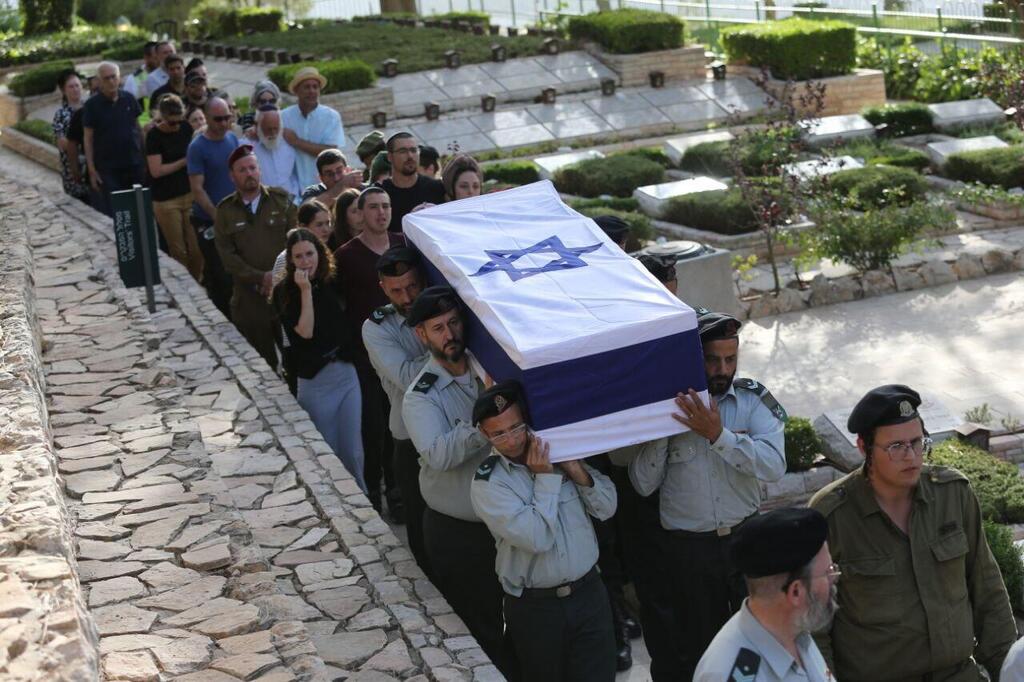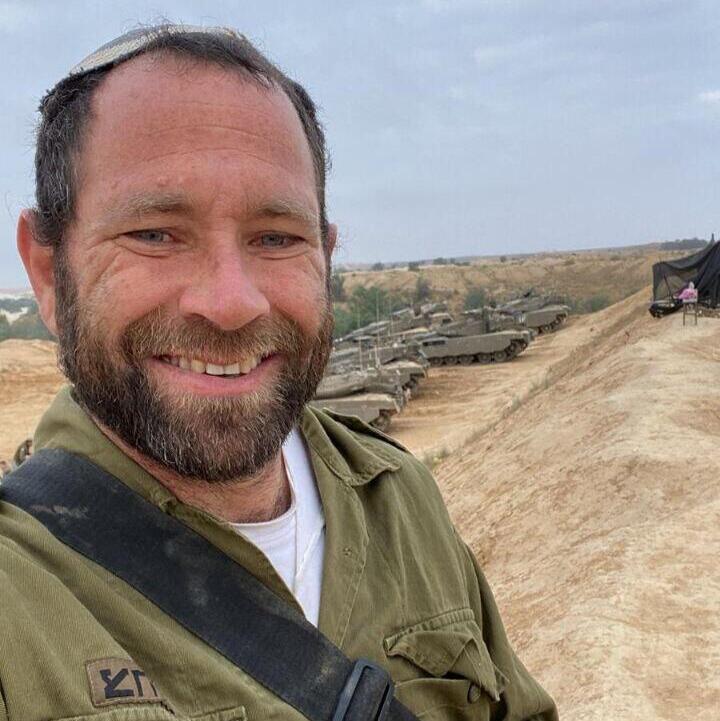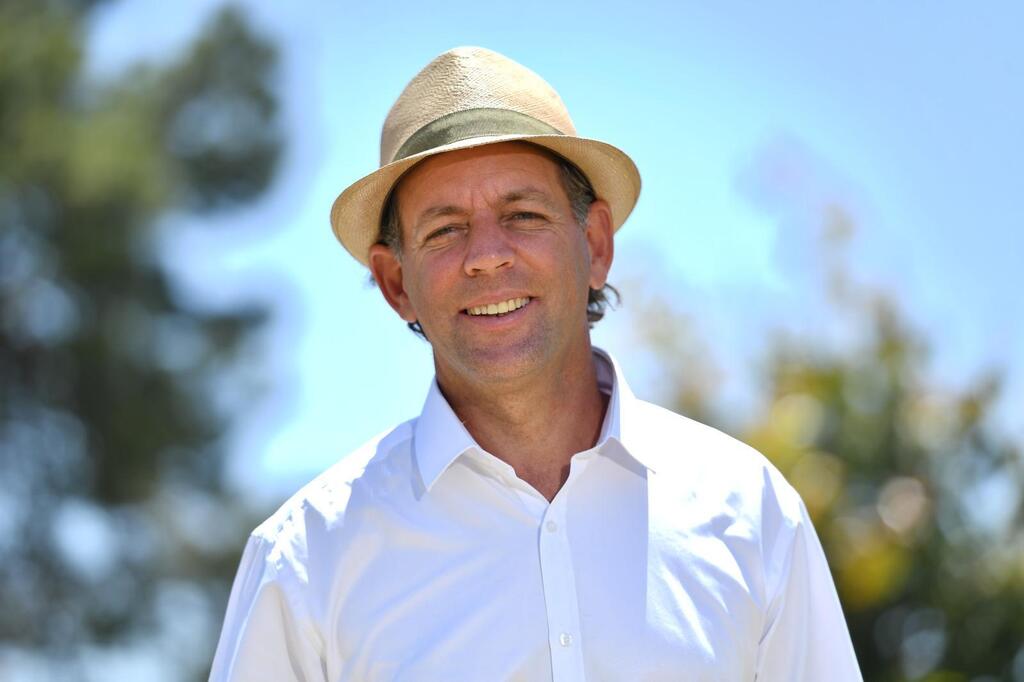More than three months have passed since my brother Elon was killed in Gaza, and I still grapple with difficult questions, often to the point of anger, about a line from our daily prayers: "You have turned my mourning into dancing."
How can we ask the Lord to transform the pain, grief and unimaginable loss into something joyful? Am I supposed to be happy now? This seems not only an unreasonable request but completely detached from the reality of loss and suffering.
In the personal journey I've been on since Elon’s death, I find myself in constant dialogue—with Elon himself, first and foremost. I talk to Elon often, and when the pain becomes overwhelming, I visit him at Mount Herzl.
I have a dialogue with my parents, now known as “elderly bereaved parents of the war,” navigating a complexity in their old age that is beyond imagination.
I have a dialogue with my siblings, who together with me have become an incredibly strong, unified unit. With Neta and the kids, Elon's family, who are facing an inconceivable loss.
And then there is my ongoing dialogue with God, driven by my deep faith that everything belongs to Him and stems from His will.
But that line from the prayer continues to trouble me—how can mourning be turned into dancing? I often found myself angry at the very idea, which seemed so disconnected from reality.
If we look back at Israel’s history, no war—except the War of Independence—has lasted more than a year. Even major wars like the Yom Kippur War or the First Lebanon War were relatively short.
The feelings of shock that gripped me and the entire country since October 7 can be compared to the moment I received the news of Elon's death. My sister Merav called me on the evening of June 15, and her words haunt me daily: “Elon was killed in Gaza on Shabbat.”
I heard those words and sat frozen in my home for two hours, on the verge of collapse. I drove to Beit El to meet my parents and siblings, and the despair deepened. When we met Elon's wife Neta and their children, the numbness and pain became unbearable. The funeral at Mount Herzl was a surreal moment—I walked my father hand in hand; my nearly 80-year-old father burying his son, while I delivered the eulogy, barely able to stand, supported by my two brothers.
And we’re supposed to turn this mourning into dancing? How can the pain of October 7—the feelings of vulnerability, the massacres, the occupation of parts of our homeland by Hamas terrorists—be turned into joy?
For three and a half months, I walked around angry. Then came the pager attack, the assassination of Hezbollah leader Hassan Nasrallah and a national sense of resilience began to flow through our veins. Slowly, I began to understand the meaning of the phrase in a new way.
In recent weeks, the paralysis and deep sorrow that followed Elon's death have started to shift. Movement and action have emerged—a sense of purpose and connection to a new, higher reality.
Suddenly, the words "You have turned my mourning into dancing" took on a new meaning—an internal movement of the soul rather than a response to the event itself. The event will always remain painful and difficult. Tears will come daily, unexpectedly. The memory of October 7 will forever be accompanied by deep sorrow and national grief over an unimaginable tragedy.
But the inner movement of the soul can take a new form—a forward motion of creation and rebuilding. The "dancing" in the prayer is not one of joy or happiness, far from it! It is a dance of internal acceptance of the new reality, leading to action and new creation.
This is true for both personal and national grief. Our war is a war of Israeli resilience. Only in this way can we build national strength and maintain our belief in the justice of our path. Our prayer is that we do not remain frozen in shock, paralysis and anger, but that we draw on the inner strength within us as individuals, as a society, as a nation and as a people.
Action born from pain and despair is a negative instinct, stemming from paralysis. Action born from acceptance and understanding has the power to build a long-term future, grounded in deep and solid foundations.
- The author is the brother of Elon Waiss, who fell in combat in northern Gaza on June 15, 2024, and the founder of the "Back to Uniform" initiative.
Get the Ynetnews app on your smartphone:





